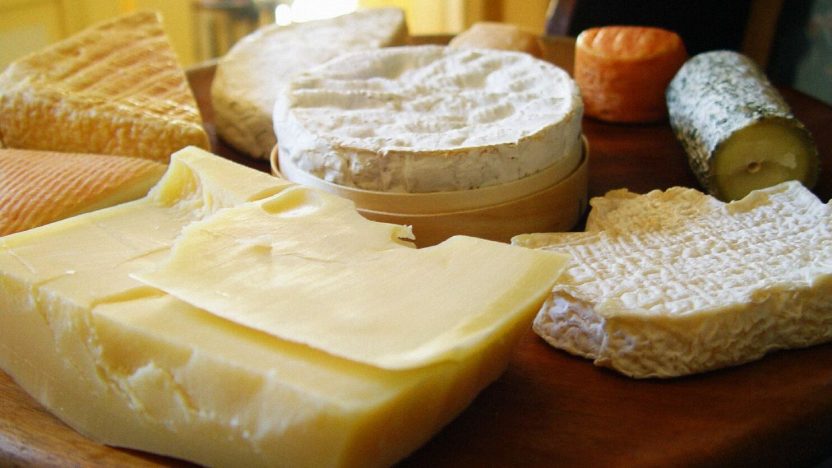Cheese is a widely loved dairy product that comes in various textures and flavors. It is a rich source of protein, calcium, and healthy fats, making it a valuable addition to many diets. However, understanding the calories in cheese is essential for those monitoring their calorie intake. In this comprehensive guide, we will explore the calorie content of different cheese types, their nutritional benefits, and the best ways to include cheese in a balanced diet.
How Many Calories Are in Cheese?
The calories in cheese vary significantly depending on the type, fat content, and serving size. Below is a breakdown of the calorie content per 100g and per standard serving (28g/1 oz) for different cheese varieties:
Calories in Different Types of Cheese
- Cheddar Cheese – 403 calories per 100g / 113 calories per oz
- Mozzarella Cheese (Whole Milk) – 300 calories per 100g / 85 calories per oz
- Mozzarella Cheese (Part-Skim) – 254 calories per 100g / 72 calories per oz
- Parmesan Cheese – 431 calories per 100g / 122 calories per oz
- Swiss Cheese – 380 calories per 100g / 106 calories per oz
- Feta Cheese – 264 calories per 100g / 75 calories per oz
- Cottage Cheese (Low-Fat, 2%) – 86 calories per 100g / 25 calories per oz
- Ricotta Cheese (Whole Milk) – 174 calories per 100g / 50 calories per oz
- Blue Cheese – 353 calories per 100g / 100 calories per oz
- Goat Cheese – 364 calories per 100g / 103 calories per oz
Macronutrient Breakdown of Cheese
Besides the calories in cheese, it is important to understand its macronutrient composition:
- Protein – Cheese is a high-protein food, containing 6-10g per oz, depending on the variety.
- Fats – Most cheeses are rich in fats, with 7-10g per oz.
- Carbohydrates – Cheese is low in carbohydrates, typically 0-3g per oz.
Vitamins and Minerals in Cheese
Cheese provides essential nutrients, including:
- Calcium – Supports bone health and muscle function.
- Vitamin A – Important for vision and immune health.
- Vitamin B12 – Essential for nerve function and red blood cell production.
- Phosphorus – Helps in bone and energy metabolism.
- Zinc – Boosts immune function and wound healing.
Health Benefits of Cheese
- Supports Bone Health – High in calcium and phosphorus, crucial for strong bones.
- Aids Muscle Growth – A great source of high-quality protein.
- Provides Healthy Fats – Some cheeses contain beneficial fats that support brain and heart health.
- Promotes Gut Health – Fermented cheeses contain probiotics beneficial for digestion.
- Boosts Energy – A calorie-dense food that provides long-lasting energy.
How to Include Cheese in Your Diet
Cheese can be consumed in various ways to enhance meals and snacks:
- In Sandwiches & Wraps – Add slices of cheese for extra flavor and nutrition.
- With Crackers & Nuts – A protein-packed snack option.
- On Salads – Sprinkle feta or parmesan for added taste.
- In Pasta & Pizza – Enjoy melted mozzarella or ricotta in Italian dishes.
- As a Topping for Baked Dishes – Use cheddar or Swiss cheese for a creamy texture.
- In Breakfast Meals – Pair with eggs, toast, or oatmeal for a nutritious start.
Is Cheese Good for Weight Loss?
Despite the calories in cheese, it can be part of a weight loss diet when consumed in moderation. Opting for lower-calorie cheeses like cottage cheese, feta, and part-skim mozzarella can provide nutrients without excessive calorie intake.
Conclusion
Cheese is a delicious and nutrient-dense food that offers various health benefits. Understanding the calories in cheese and selecting the right type based on your dietary needs can help you enjoy it as part of a balanced diet. Whether you prefer soft, hard, or aged cheeses, they can add flavor and nutrition to a wide range of meals.




